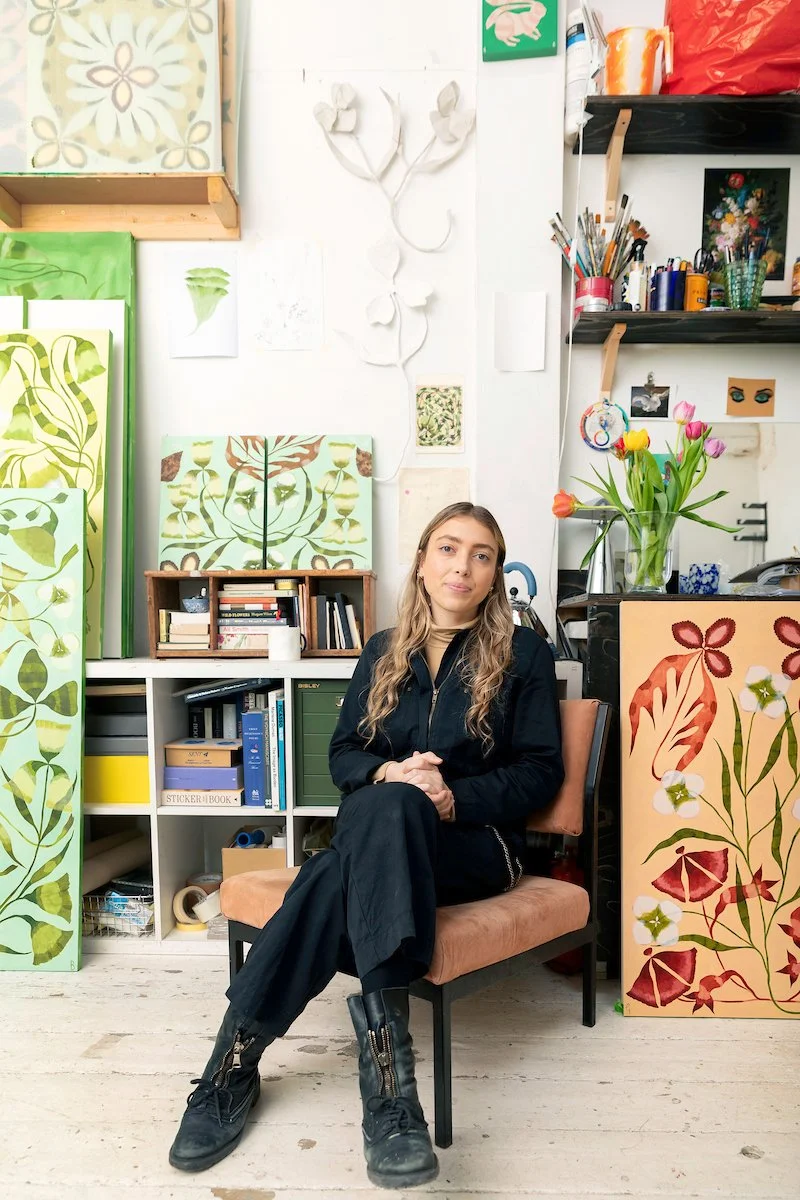In conversation with Hugh Fearnley-Whittingstall
We are delighted to be welcoming Hugh Fearnley-Whittingstall to Thyme on Friday 4th November, to host a panel discussion exploring the importance of soil health and its vital role in our ecosystem, while discussing what we need to do in order to secure its future. Hugh will be joined by The Land Gardeners, Henrietta Courtauld and Bridget Elworthy, chef Lulu Cox and artist Nancy Cadogan to hear about their acclaimed new book, Soil to Table, exploring the link between the health of our soils and what we eat. Hugh will also be sharing the thinking and recipes behind his new book, River Cottage Good Comfort - Best-Loved Favourites Made Better for You.
Here, we sit down with Hugh to hear about his new book, River Cottage Good Comfort - Best-Loved Favourites Made Better for You, and learn a little more about his thoughts on current food issues and the importance of education in guiding people to healthier eating.
Tell us what fired you up to re-work the classics in your new book?
The last few years have been challenging in so many ways, and the challenges keep coming. I think more than ever, it’s a great comfort to sit down with family and friends to enjoy the dishes that warm our cockles and spread the love around. But it’s also important that these lovely meals are sustaining and keep us well. So, I wanted to show that comfort food and healthy food don’t need to run on separate tracks, but can be brought irresistibly together.
What couldn’t you live without in your fridge?
These days I’m very keen on my home-made ferments, especially the “three Ks”, kombucha, kefir and (sauer)kraut. I have one or more of them almost every day and it’s great to know that they are boosting my gut biome as well as tasting great. It’s a bit like looking after the soil. Apart from those, and staples like milk, butter and cheese, my fridge is always home to a rolling roster of leftovers, which are destined to become the next meal.
What changes have you seen in the way that people eat since you started out in the food industry over 3 decades ago?
It’s strange, because people are eating both better, and worse. The big food brands and giant retailers continue to spin out ultra-processed food from the cheapest refined and industrially processed ingredients, which continue to damage the health of the nation. But there is also a growing backlash against the industrial food machine and a determination to champion real food produced in an honest way.
British agriculture and fisheries, what would be the 3 actions you would want the government, farmers, fishermen and supermarkets to do to improve what we eat and drink?
I might need 4! We need to make healthy foods an easier and more affordable choice for families, whilst making the way we grow food more sustainable and climate friendly. So let’s:
1) reward farmers for growing food in a more sustainable and biodiverse way, and one that promotes and preserves soil health.
2) incentivise food producers and retailers to reformulate processed foods to make them healthier, for example by restricting the advertising of unhealthy (junk) foods and further taxing foods that use too much salt, sugar and fat.
3) teach our kids what healthy food is and how to prepare it at home from inexpensive ingredients
4) ban the most damaging forms of fishing such as beam trawling and scallop dredging from our Marine Protected Areas, so they genuinely protect marine biodiversity and the future of our fisheries.
An important message from the Land Gardeners’ book is “Soil health is our most powerful tool in securing a sustainable future for this planet”. How would you get this message through to the general public?
That’s a hard one! Giving everyone a copy of Soil to Table would be a very good start, but perhaps not entirely practical! As with the previous question, I do think education is the key. Understanding healthy food is at least as fundamental to our wellbeing and humanity as reading and writing, and it should be taught to everyone at school. The importance of soil is fundamental and needs to be part of that teaching.





